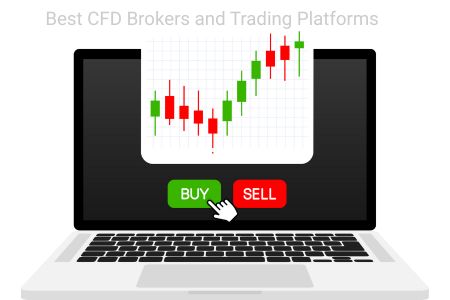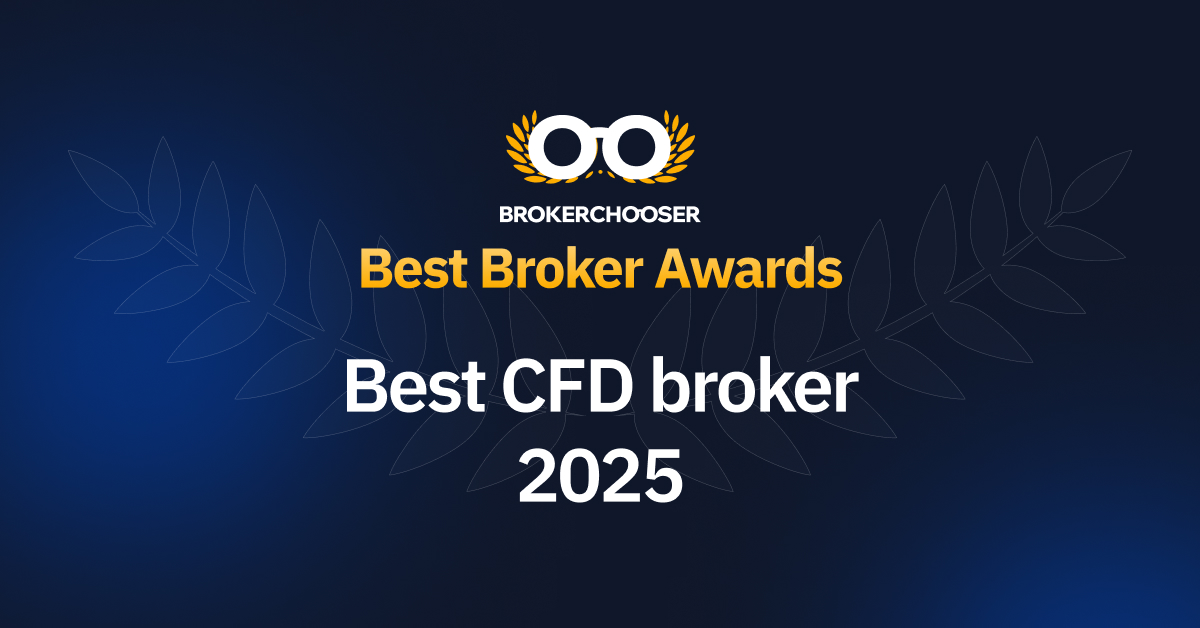
The Ultimate Guide to Finding the Best Forex & CFD Broker
Navigating the world of forex and CFDs can be daunting for both novice and experienced traders. The key to success in this dynamic field is to choose the best forex & CFD broker that fits your individual trading style and needs. A reliable and efficient broker not only provides you with the necessary tools and resources but also ensures a safe trading environment. In this guide, we will delve into essential aspects to consider when selecting a broker, including regulations, trading platforms, account types, and more. For a comprehensive comparison of options, visit best forex & cfd broker bestbrokercfd.com.
Understanding Forex and CFDs
Before we discuss broker selection, it’s essential to understand what forex and CFDs are. Forex, or foreign exchange, involves trading currencies in pairs, while CFDs, or contracts for difference, allow traders to speculate on the price movement of assets without owning the underlying asset. Both instruments offer high liquidity and the potential for significant returns; however, they both come with risks that traders need to manage effectively.
The Importance of Regulatory Compliance
One of the most critical factors to consider when choosing a forex and CFD broker is regulatory compliance. Regulatory bodies such as the Financial Conduct Authority (FCA) in the UK, the Commodity Futures Trading Commission (CFTC) in the US, and the Australian Securities and Investments Commission (ASIC) play an important role in ensuring that brokers operate fairly and transparently. Always check if your broker is regulated by a reputable authority to protect your investments and ensure that your funds are secure.
Trading Platforms: The Trader’s Arsenal
The trading platform is your primary interface for executing trades, analyzing market trends, and managing your account. A good broker offers a robust, user-friendly platform equipped with essential tools such as charts, indicators, and order types. Popular platforms like MetaTrader 4 (MT4) and MetaTrader 5 (MT5) provide flexibility and extensive features that cater to both novice and experienced traders. Always test the platform, preferably through a demo account, to ensure it meets your trading needs.

Account Types and Minimum Deposits
Brokers offer various account types to suit different trading styles, risk appetites, and capital. Some may offer standard accounts, while others provide mini, micro, or even managed accounts. When comparing brokers, pay attention to the minimum deposit requirements, as this can significantly affect your trading strategy. Consider your investment goals, and choose an account type that aligns with your financial capabilities and willingness to take risks.
Spreads, Commissions, and Fees
Understanding the cost of trading is essential for any forex or CFD trader. Brokers typically charge a spread— the difference between the buying and selling price— as well as commissions on trades. Some brokers may offer zero commissions but wider spreads, while others might have lower spreads but charge commissions. Ensure you calculate and compare the overall trading costs associated with each broker to avoid unexpected expenses that could eat into your profits.
Leverage: A Double-Edged Sword
Leverage allows traders to control larger positions than their actual capital would permit, effectively amplifying both potential gains and losses. While it can enhance profitability, it also poses significant risks. Different brokers provide varying levels of leverage, so ensure you understand the implications before choosing a broker based on leverage offerings. A reputable broker should always provide guidance on how to use leverage responsibly.
Customer Support and Educational Resources
Effective customer support is crucial when you encounter issues or have questions regarding your account or trades. A reliable broker should offer multiple channels of communication, including phone, email, and live chat, and provide support in your preferred language. Additionally, many brokers offer educational resources, such as videos, webinars, and tutorials, to help traders improve their skills and strategies. These resources are particularly valuable for new traders looking to build their knowledge and confidence in the market.

Trading Instruments: Variety is Key
The range of trading instruments offered by a broker can significantly impact your trading experience. Look for brokers that provide a diverse portfolio of assets, including major, minor, and exotic currency pairs, commodities, indices, and stocks. The broader the range of instruments, the more opportunities you will have to diversify your trading and increase your chances of capitalizing on market movements.
Conclusion: Making the Right Choice
Selecting the best forex & CFD broker is a critical step in your trading career. By considering factors such as regulation, platform features, account types, fees, leverage, and customer support, you can make an informed decision that best fits your needs and trading style. Always conduct thorough research and compare multiple brokers before committing your funds. For a detailed comparison to find the best fit for you, explore resources like bestbrokercfd.com for insightful reviews and comparisons. The right broker can make a significant difference in your trading success, so take your time to choose wisely.
Additional Resources
– Trading psychology and discipline
– Risk management strategies
– Technical and fundamental analysis
– Keeping up with market news and events

